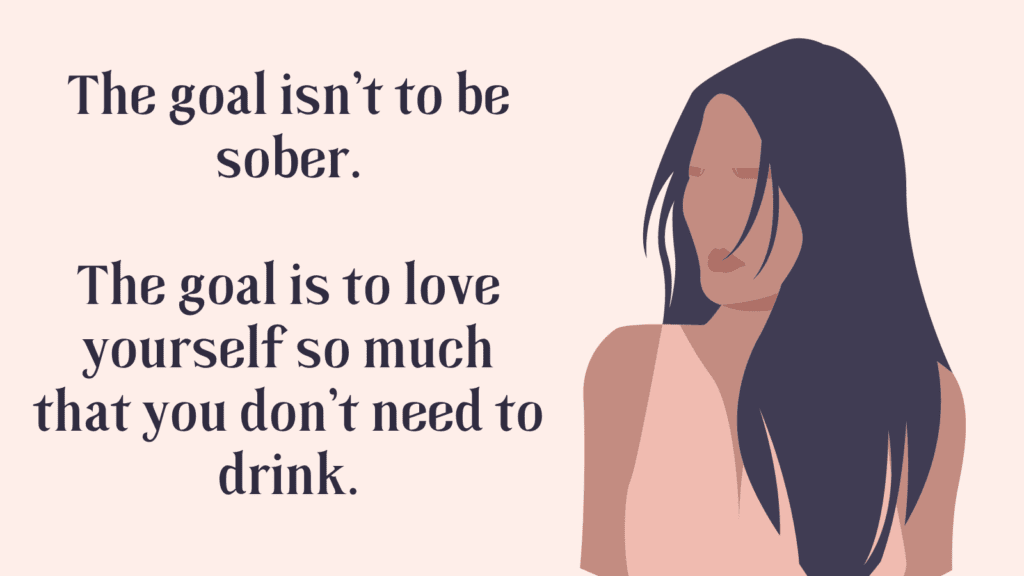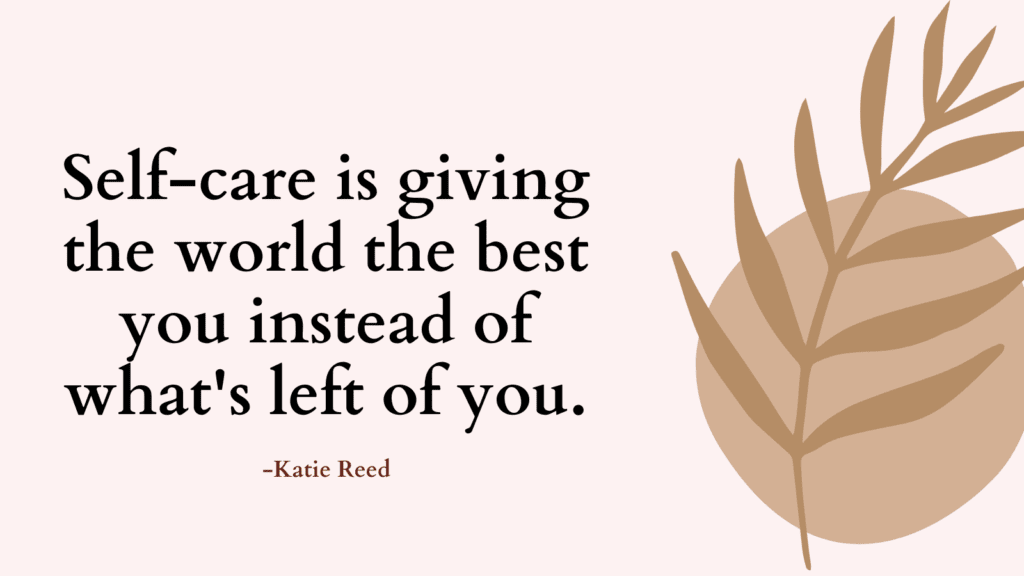This post contains “Am I Self-Destructive Quiz” to help you become aware of ways you might be sabotaging yourself.
What Is Self-Destructive Behavior?
Self-destructive behavior is something will likely cause self-harm, be it emotional or physical, deliberate and planned or unconscious and impulsive, obvious or subtle.
The Risky, Impulsive, & Self-destructive behavior Questionnaire (RISQ)
Self-destructive behaviors can take many different forms:
- Attempting suicide
- Binge eating
- Compulsive activities like gambling, gaming, or shopping
- Impulsive and unprotected sexual behavior
- Substance use, such as alcohol and drug abuse
- Physical harm or elf-injury, such as cutting, hair pulling, burning
The Risky, Impulsive, & Self-destructive behavior Questionnaire (RISQ) is a 38-item self-report questionnaire that measures risky, impulsive, and self-destructive behaviors in 8 domains (aggression, self-harm, gambling, impulsive spending/driving, impulsive eating, risky sex, illegal behavior, and alcohol use).
For each behavior, you note the number of times you have engaged in the behavior in your lifetime, how many times in the past month, how old you were when you first started engaging in the behavior, if there were any consequences (e.g., legal, relationship, financial) as a result of their behavior (dichotomous: yes/no), and how strongly you agree with statements that assess your motivation (distress or pleasure) for engaging in the behavior.
A copy of the questionnaire is provided here: RISQ self-report
Note: If you or a loved one are experiencing suicidal thoughts, reach out for help immediately. The National Suicide Prevention Lifeline is available 24/7 and can be reached at 1-800-273-8255, or 988.
Related: How To Step Out Of Denial? Top 10 Steps To Overcome Denial When The Truth Is Heartbreaking
Am I Self-Destructive Quiz
There are also more subtle forms of self-sabotage.
The following questions represent common forms of subtle self-destructive behaviors:
Results
#1. Do you often talk about yourself in a derogatory way, insisting that you’re not attractive enough, smart enough, or good enough?
#2. Do you often cling to people who are not interested in you?
#3. Do you often change yourself to please people or seek validation?
#4. Do you often find yourself blaming others or feeling like a victim?
#5. Do you often engage in maladaptive behaviors, such as procrastination, chronic avoidance, indecisiveness, passive-aggressiveness?
#6. Do you often ignore difficult feelings, suppress them, or numb them using distractions or addictions?
We will not sell your information. All results are kept confidential.
This quiz is for informational purposes only. It is not meant as a diagnostic or assessment tool.
Results
The questions above represent common signs of subtle self-destruction. If you answered yes to most of these questions, then you might be sabotaging yourself.
Related: Inner Teenager Healing: 14 Proven Exercises to Heal Your Inner Teenager
What Causes Self-Destructive Behavior?
1. Past Trauma: Experiences such as abuse, neglect, or witnessing violence can lead to self-destructive behaviors as a coping mechanism.
2. Unresolved Emotional Pain: Lingering emotional pain from past relationships, losses, or failures can trigger self-destructive actions.
3. Depression: Feelings of hopelessness and worthlessness associated with depression can lead to self-harm or risky behaviors.
4. Anxiety: Chronic anxiety can cause individuals to engage in self-destructive behaviors to escape or numb their feelings.
5. Personality Disorders: Conditions like Borderline Personality Disorder (BPD) often include self-destructive tendencies.
6. Negative Self-Image: Individuals with low self-esteem may believe they do not deserve happiness or success, leading to self-sabotage.
7. Guilt and Shame: Feelings of guilt or shame about past actions or perceived inadequacies can drive self-destructive behavior.
8. Addiction: Substance abuse often leads to self-destructive actions, as the need for the substance overrides concern for personal well-being.
9. Poor Coping Skills: Without healthy ways to cope with stress or emotional pain, individuals may turn to self-destructive behaviors as a form of escape.
10. Peer Influence: Surrounding oneself with others who engage in self-destructive behaviors can normalize and reinforce these actions.
11. Stressful Environments: Chronic stress from work, relationships, or financial problems can contribute to self-destructive tendencies.
12. Attention and Connection: Sometimes, self-destructive behaviors are a way to seek attention or connect with others, even if negatively.
13. Control: In situations where individuals feel powerless, self-destructive behavior can provide a sense of control over their own pain.
How to Stop Being Self-Destructive?
There are several things you can do to stop being self-destructive:
1. Identify the patterns: Take some time to identify the patterns that lead to your self-destructive behavior. This could include negative thoughts, certain triggers or events, or negative people in your life.
2. Challenge your negative thoughts: Once you become aware of negative patterns, challenge those thoughts. Try to reframe them into more positive and constructive thoughts. The following prompts may help:
- What evidence do I have to support this negative thought? Is it based on facts or assumptions?
- What would I say to a friend who was having this negative thought?
- What is the worst possible outcome if this negative thought were true? Is it likely to happen?
- What are some alternative explanations for the situation that do not involve this negative thought?
- How can I reframe this negative thought in a more positive way?
- What are some positive things I have accomplished despite feeling this way in the past?
- What are some positive things that could come out of this situation?
- What are some coping strategies I can use when I start to have this negative thought?
3. Practice self-care: Engage in activities that help you feel good about yourself. This could include exercise, meditation, spending time with loved ones, or pursuing a hobby.
4. Seek professional help: Sometimes it’s difficult to overcome self-destructive patterns on your own. Consider seeking professional help from a therapist or counselor who can guide you through this process.
FREE Resources
Podcasts
FREE Worksheets
- Inner Teenager Healing Worksheets Download PDF
- Negative Core Beliefs List Download PDF
- Self-Compassionate Statements Download PDF
- Emotional Sobriety Worksheets Download PDF
- Find Your Purpose Worksheets Download PDF
- Avoidance Worksheets Download PDF
- Healthy Relationship Checklist Download PDF

References
- Human Survival and the Self-Destruction Paradox: An Integrated Theoretical Model on JSTOR
- (PDF) Self‐Destructive Behavior (researchgate.net)
- Self Destructive Behavior: What It Is & Why We Do It (healthline.com)







